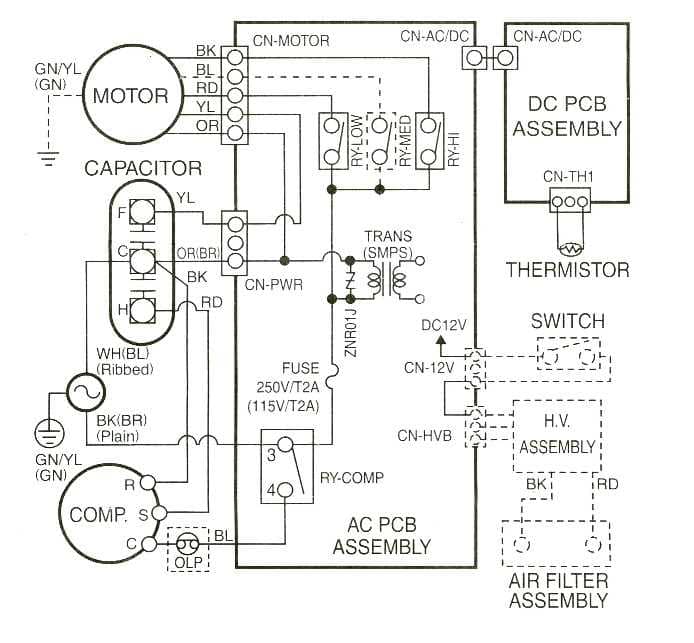

Made with indestructible polymer materials.
#Older payne air conditioners free#
If you need help deciding the right system for your home, get a free quotes from your local HVAC technician who can help you understand the kind of system that’s right for your home. Be sure to check out the BTU rating and do some quick calculations to figure out if it right for you. ConclusionīTUs are an essential factor of choosing the best air conditioner that will fit your needs. To convert between the two 1 ton = 12,000 BTU/hr. Room Square FootageĬentral AC units are generally use tonnage as a measurement instead of BTU. This BTU chart gives you a rough guide to follow based on square footage. Actually, it’s more, because the fan and compressor are not 100% efficient and there are losses. So a smallish window air conditioner (8,000 BTU) is using as much energy every hour as an average adult uses in a day. To put this in perspective, we eat about 2,000 Calories a day in our food. Choosing The Right BTU For Your Air ConditionerĪir conditioners start at about 5,000 BTU – for a small, window unit, and go up to 24,000 BTU or greater. Humidity changes both how efficiently air can be cooled as well as our perception of temperature. Air flow is also a consideration – if cool air doesn’t circulate well, “hot spots” will resist temperature changes.įor larger, commercial installations, the air exchange rate, mass volume and humidity all come into play. Your hot coffee will cool faster at first and then more slowly as it approaches room temperature. The reason is because there are many other elements that influence how hot or cold the results will be.įor example, temperature changes faster when there is a great difference between hot and cold. However, technically, they are not accurate. To get an approximate idea for how many BTUs you need, multiply the square footage of your space by 20.įor residential applications or when comparing different types of air conditioners, they are a good yardstick.

Sizing an air conditioner means choosing the BTU rating. An air conditioner needs about 20 BTUs for each square foot to cooling. When buying a new air conditioner for your home, it is important to choose the size correctly. Although you will see equipment rated by BTU, we usually mean BTU/h (per hour). In HVAC, we aren’t just interested in BTU but how many BTUs can be exchanged in some set time. When comparing air conditioner systems, the BTU is a handy measure. It’s all about moving heat energy around.įor BTU in air conditioner, we aren’t changing the temperature of water, but of air. Just as you have to add one BTU to a pound of water to raise the temperature one degree F, you could also take away one BTU and lower the temperature by one degree. This is an older system of measurement that has been replaced in the metric system, but BTU is still used in the HVAC field. A BTU heats one tenth of this, or one pound of water, one degree Fahrenheit.


Well, an Imperial Gallon of water weighs 10 pounds. The “British” part comes from the use of the Imperial Gallon in the calculation. It’s a measure of heat energy and that’s the “thermal unit” part of BTU. What BTU Stands For?īTU stands for British Thermal Unit. What exactly does BTU in Air Conditioner mean, and why are they so important? The following is a complete guide to what you need to know about BTU.


 0 kommentar(er)
0 kommentar(er)
